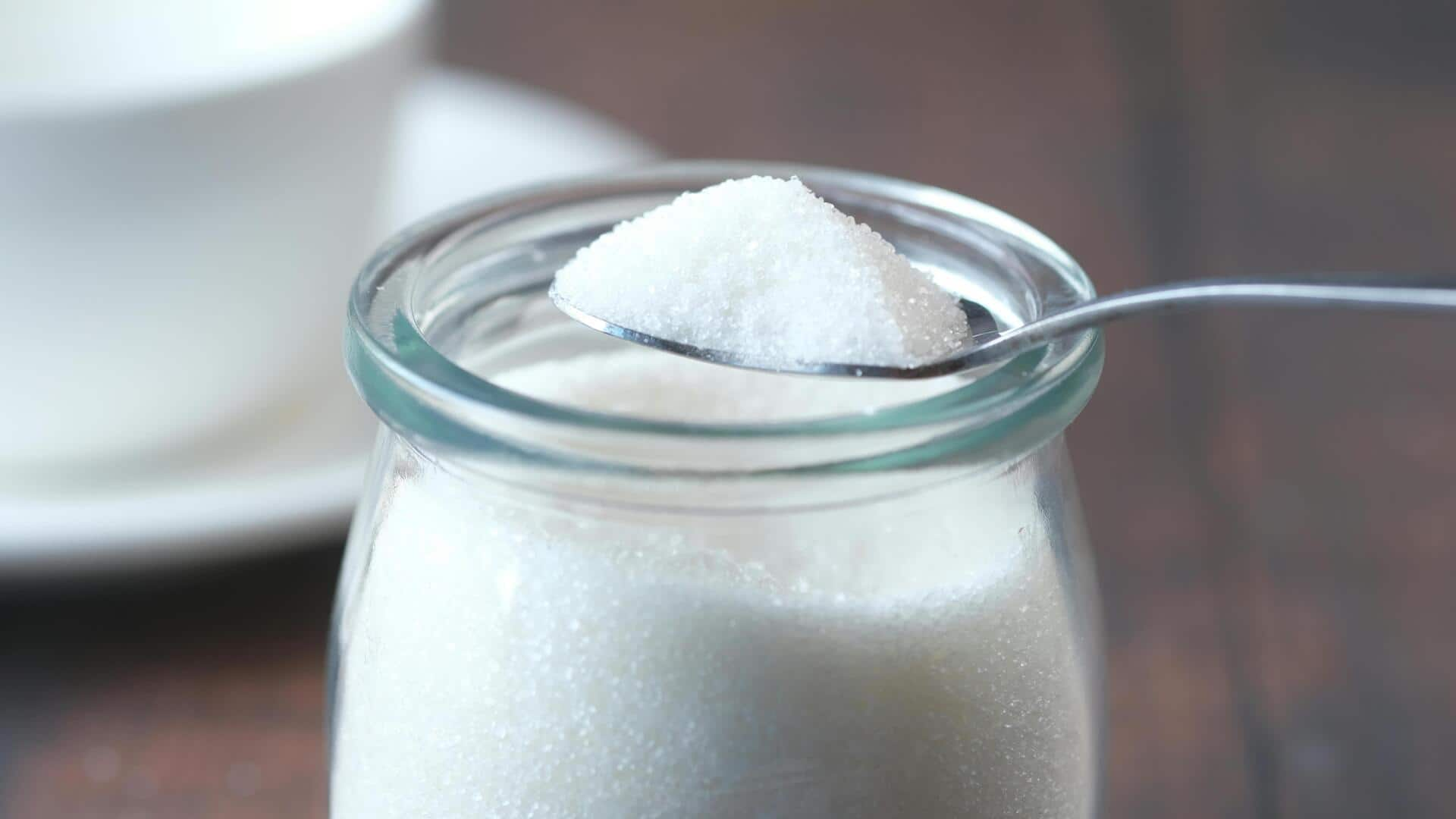
Sugar overload: 5 myths you must stop believing
What's the story
Sugar is one of the most misunderstood elements of our diet. Many myths about its effects on health have been passed down through generations, often leading to confusion and misinformation. Knowing the truth behind these myths is important for making informed dietary choices. This article busts five common myths about sugar overload and gives you a clearer picture of its impact on health.
#1
Myth: All sugars are bad
Not all sugars are created equal. While added sugars in processed foods can be harmful when consumed in excess, natural sugars present in fruits and vegetables come with essential nutrients and fiber. These natural sources of sugar can actually benefit your health by providing energy and supporting bodily functions. It's important to differentiate between added sugars and those found naturally in whole foods.
#2
Myth: Sugar causes hyperactivity in children
The belief that sugar causes hyperactivity in children has been widely accepted, but research has shown no direct link between sugar consumption and increased hyperactivity. Studies have found that children's behavior is more influenced by environmental factors or expectations from adults than by the actual intake of sugar. Understanding this can help parents make more informed decisions about their child's diet without unnecessary restrictions on sweet treats.
#3
Myth: Cutting out sugar completely is necessary for health
While reducing excessive added sugar intake is important, cutting it out completely isn't necessary for most people. A balanced diet allows for moderate consumption of sweets without adverse health effects. Completely eliminating all forms of sweeteners can lead to feelings of deprivation or binge eating later on. Instead, focus on moderation and mindful eating practices.
#4
Myth: Sugar leads directly to diabetes
While high sugar intake can contribute to obesity—a risk factor for type 2 diabetes—it's not accurate to say that consuming sugar directly causes diabetes. The condition develops due to a combination of genetic, lifestyle, and dietary factors over time. Rather than blaming one element like "sugar," focus on overall dietary patterns and maintaining a healthy weight.
#5
Myth: Artificial sweeteners are a safe alternative
While artificial sweeteners provide a low-calorie alternative to regular sugars, their long-term effects are still being studied. Some studies have raised concerns about possible links between artificial sweetener consumption and metabolic changes, or altered gut bacteria. However, more research is needed before drawing definitive conclusions about their safety as an alternative to regular sugars in our diets.